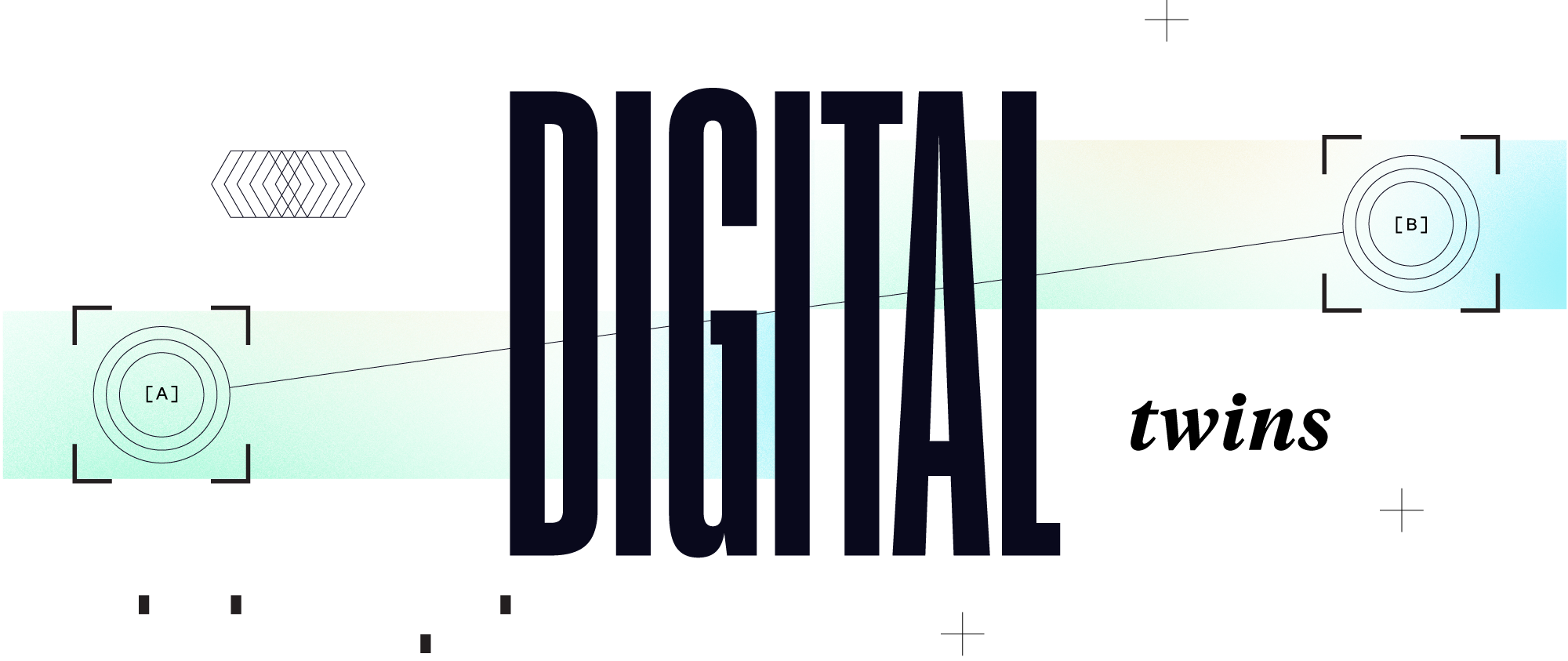
Intelligent Products
How Intelligent Products Can Rehumanize Life Sciences
We know that health is personal. Everyone’s DNA and gene sequences are unique, and so are their life conditions, their symptoms, their reactions to treatment, and their expectations for care.
However, the healthcare experience can be dehumanizing when patients feel like they are being treated as “objects or nonhuman animals” rather than people. And the discipline of life sciences is susceptible to dehumanization when individuals become obscured behind the abstractions of technology. Some data aggregation and anonymization is necessary to protect privacy, but it can also camouflage people’s distinct humanity and physiology. Automation speeds up processes but also reduces direct interaction between patients, researchers, and providers.
So, applying intelligence to life sciences presents an interesting paradox: how can AI and machine learning (ML) make life sciences more human?
The answer lies in personalization at scale—health interventions tuned to the individual, while at the same time efficiently delivered to millions.
Putting more life into life sciences
Health initiatives often start with personalization at a ratio of 1:1:
- A nurse takes a patient’s heart rate and blood pressure.
- A doctor asks questions about a patient’s medical history and recommends a specific course of treatment to try.
- A cytologist reads a single scan.
This 1:1 human intervention is effective, but it’s also very resource intensive. You need to recruit, train, and support the scientists, researchers, and front-line staff who collect personal data and turn it into diagnoses and treatments.
So, life sciences companies are looking to make specialized solutions available at just the right time to more patients. And that requires technology:
- An algorithm devises treatments based on a patient’s entire electronic health record or their genome sequence.
- Smart wristbands continuously monitor the vital signs of millions, collecting real-world data for analysis.
- AI assesses thousands of scans and learns to identify potentially cancerous cells.
An Intelligent Product ecosystem brings together the technology, intelligence, experience, and operations that can enable personalization at scale in impactful ways. There are myriad examples, but we’re going to walk through just a few.

Real-world data generates insights closer to the patient
Since data from randomized controlled trials can be limited in scope and challenging to obtain, companies are increasingly looking to collect real-world data (RWD) in ways that are HIPAA and GDPR-compliant.
Intelligent products provide the technology for collecting RWD, whether through Internet of Medical Things devices such as smart wearables and remote monitoring systems, through digital charting and electronic health records, or through claims and billing activities. By gathering data from a wider spectrum of patients or sub-groups that would be difficult to reach through clinical trials, the input is more specific.
Intelligence comes into the picture as the RWD is structured, de-identified, and analyzed. AI/ML can be trained to diagnose rare conditions and help develop specialty drugs for orphan diseases. RWD is essential for deriving real-world evidence that can validate clinical trials.
A focus on user experience ensures that patient and researcher needs are accommodated when collecting and applying RWD, whether through medical device interfaces, simplified data entry, or recommendation tools.
Operations help move projects along the path to value by pursuing an Agile approach to research and development and by driving initiatives from pilot to deployment so they can deliver a return on investment.
Digital twins allow for faster, less intrusive trial and error
Having patients personally test out the efficacy of treatment options can be time-consuming and generate undesirable side effects, which create ethical concerns. Digital twins, a popular application in the manufacturing industry, are being leveraged in life sciences, re-creating the environment, context, and conditions of the human patient in a virtual replica.
Intelligent products that incorporate digital twins can run multiple simultaneous tests of personalized approaches and treatment plans with no inconvenience to the patient.
AI/ML predicts how the patient will respond to a treatment based on their individual profile. Digital twins can generate greater volumes of useful data, including molecular data and metadata describing the experiment.

ML image-based classification extends the reach of cancer screening
Cervical cancer diagnosed at an early stage has a very encouraging five-year relative survival rate of 92%. Medical technology company Hologic is dedicated to improving screening quality and access to save the lives of more people with cervixes.
Hologic teamed up with Slalom Build to combine the personalization of human cytologists with the powerful scale of intelligent automation. The ML algorithm does the initial analysis, autonomously identifying cancerous or pre-cancerous cells in patient samples. Cytologists then scrutinize the areas that have been flagged in red as potentially cancerous.
This intelligent product from Hologic helps deliver the fastest, most accurate scan assessment to the greatest number of patients. Because each one deserves the best chance at beating cancer.
In a field where individual experience and services play such a significant role in outcomes, we can rehumanize life sciences by leveraging the power, speed, and scale of intelligent products.
Making personalization accessible to the masses is just one of the paradoxes that intelligent products can resolve. Their power is in taking concepts that were at odds with one another—such as speed and accuracy, or automation and compassion—and suddenly making them feasible together.
Intelligent products point the way toward how to do what seems impossible. Download our whitepaper today to learn more, so we can help you pursue your organization’s vision for patient health.
Subscribe to The Blueprint
Want more? Subscribe now and we'll make sure you get all the latest, coolest, smartest stuff in The Blueprint.